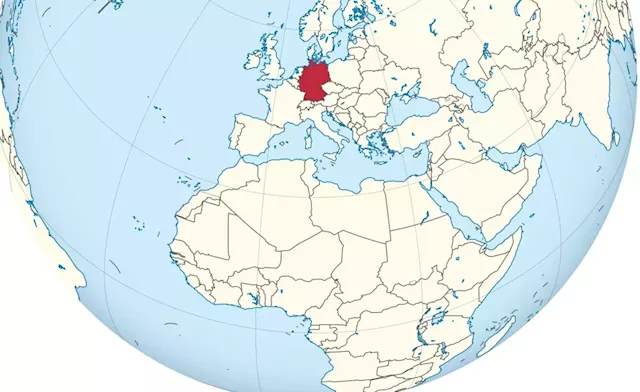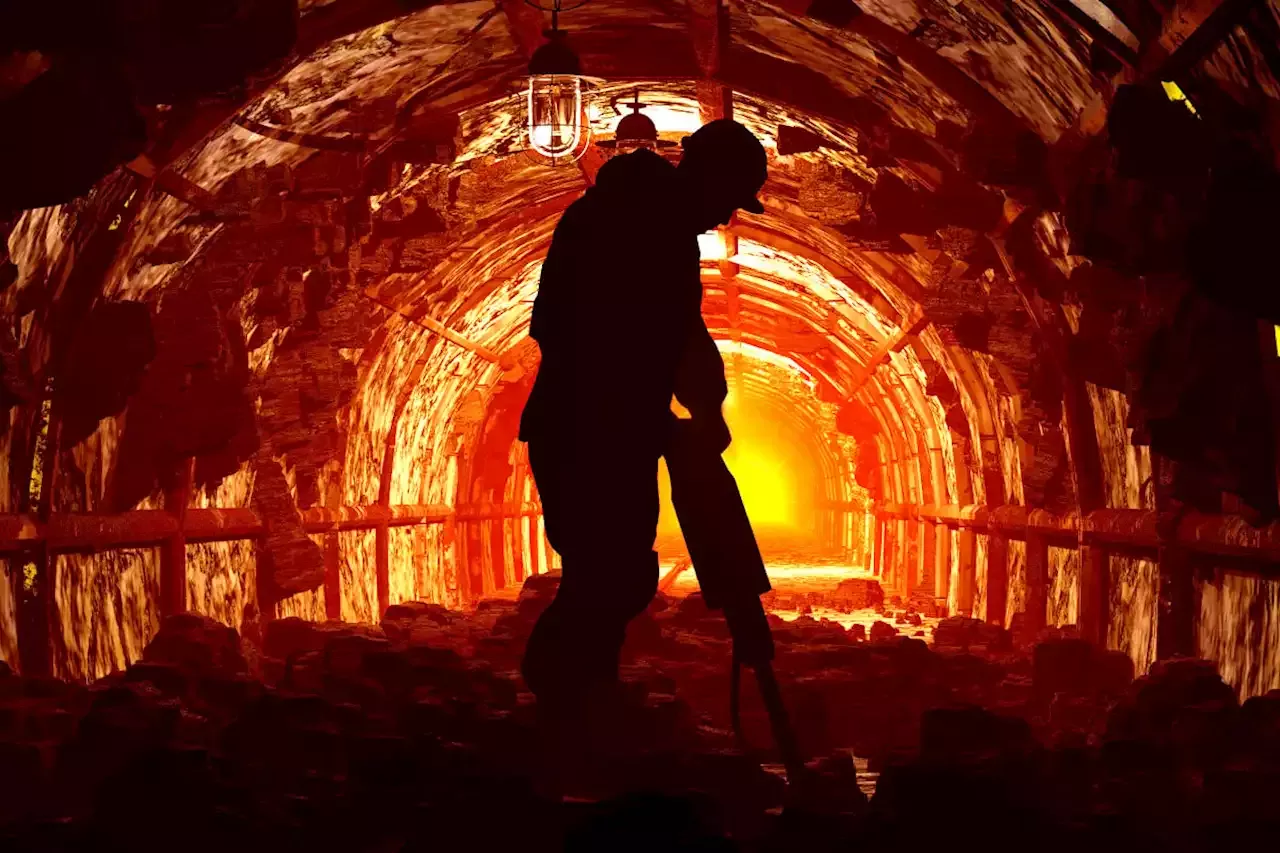That’s what some of the world’s biggest mining companies say they’re battling in South Africa: Extortion.
While some groups say they are fighting for social justice or Black economic empowerment and demanding a bigger piece of the pie from the predominantly White-run mining companies, even the government concedes that much of the relatively new, violent extortionist phenomenon is being driven by gangs out to make a quick buck. Mining companies and even Black-owned contractors say they’re increasingly confronting syndicates who incite local communities to disrupt operations.
“The industry is under attack,” said Hennie Flynn, head of the North West Province wing of the Hawks, the South African police services’ directorate that targets organized crime, economic misconduct, corruption, and other serious illegal activities. The syndicates “are creating their own mafia-type groupings that exert pressure.”
At Sibanye’s K3 platinum shaft, about 15 workers with a mining contractor were locked up in May for 12 hours by a local politician who gathered about 100 youths to demand jobs at the mine, a spokeswoman for the company said. “This is definitely the final nail in the coffin of investment,” James Lorimer, the main opposition party Democratic Alliance’s shadow minister for mineral resources, said in an interview. “I have no faith that the government is going to act coherently over time to bring down these problems. There’s no political will; that’s quite obvious.”
The letter was sent “to put pressure so that they can know that we cannot just be the affected host community and 50 years down the line, there’s nothing we can show for it,’’ Letlhogonolo Mogopodi, who was Banaef’s secretary-general until mid-November, said in an interview. “Are we using cartel-like behaviour in enlisting the services of mercenaries to get companies to implement transformative policies? I can equivocally say ‘no,’” said Ditebogo Diale, the group’s deputy secretary, adding that Banaef also took its case to a major Impala shareholder.
The activity characterized as extortion by its targets often draws on the hopelessness of desperately poor people struggling to get by in circumstances exacerbated by the pandemic. Many mines are located in some of the poorest parts of the country, and the syndicates are tapping into the resentment of impoverished communities plagued by collapsed services and joblessness.
While Black-owned companies’ participation in the sector has increased, many smaller firms are still excluded because they just can’t afford the machinery and equipment required, said Jonathan Leso, executive director of African Sun Mining, a Black-owned contractor. That said, Black businesses are also often targets of the gangs, he said.
We are “picking up additional costs to do business,” she said in an interview. These are needed to ensure “stable operations and to make sure that we can run our businesses uninterrupted,” she said.
Sverige Senaste nytt, Sverige Rubriker
Similar News:Du kan också läsa nyheter som liknar den här som vi har samlat in från andra nyhetskällor.
 Africa: German Investment in Africa Stalls Despite Government PushAnalysis - Germany's potential to invest in Africa was trumpeted at the 2022 German-Africa business summit in Johannesburg. But German foreign direct investment on the continent is stagnant.
Africa: German Investment in Africa Stalls Despite Government PushAnalysis - Germany's potential to invest in Africa was trumpeted at the 2022 German-Africa business summit in Johannesburg. But German foreign direct investment on the continent is stagnant.
Läs mer »
